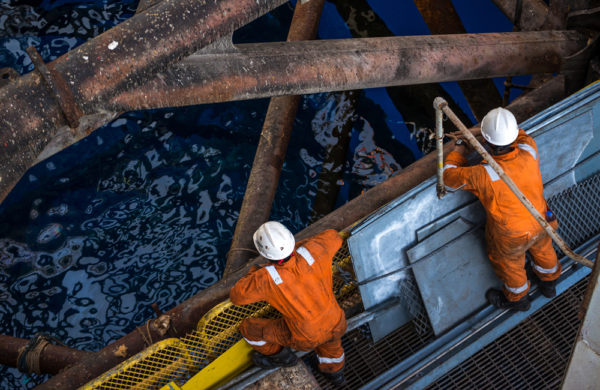The legislation covering the Australian offshore industry is a Commonwealth (federal) Act: The Offshore Petroleum and Greenhouse Gas Safety Act (OPGGSA). That means the law is the same whether you are in Bass Strait, the North West Shelf or anywhere else in Australian waters. The industry regulator is the National Offshore Petroleum Safety and Environmental Management Agency (NOPSEMA). State laws, including the electrical safety laws that mandate compliance with AS/ NZS 3000, do not apply. However, an electrical licence is still required to do electrical work.
Onshore the regulation is state based, so it differs from state to state, and will also vary depending on the type of facility. Upstream facilities (production wells) will usually be covered by legislation relating to petroleum leases. Downstream facilities like refineries, terminals and LNG plants may be covered by Major Hazard Facility legislation (depending on the state), and pipelines by still other legislation. Electrical legislation may or may not apply, depending on the other laws that have jurisdiction. It’s messy, and different in every state, but for many types of facilities the laws that mandate AS/NZS 3000 do apply. Electrical licensing requirements definitely apply to all types of facilities in all states.
It sounds frighteningly complicated, but in practice it boils down to:
Offshore there is no law that mandates AS/NZS 3000, but it may be called up anyway (see the next section).
Onshore it is likely (but not certain) that AS/NZS 3000 will be mandated by law.
Electrical licensing requirements apply to both onshore and offshore.




